Cynthia Powell, MD, Professor in the Division of Pediatric Genetics and Metabolism, has dedicated her career to the improvement and implementation of advanced newborn screenings to identify rare diseases. In the U.S., the term “rare disease” applies to treatable conditions that affect fewer than 200,000 people. It was coined as part of the Orphan Drug Act of 1983 to spur research and expansion of treatments for diseases that were not in mainstream consciousness.

Like most treatable conditions, early detection and intervention plays a key role in improving health outcomes of those living with rare diseases. Newborn screening is a standard blood screening that tests babies for metabolic, genetic, and hormonal conditions that can lead to serious health problems if not addressed in a timely manner. It also includes point-of-care screening for hearing loss and congenital heart defects. Knowing if a child has a rare disease, and which one, is the pivotal first step in treatment. For instance, phenylketonuria (PKU) metabolic disorder, the first condition tested for in North Carolina’s newborn screening program, can be treated by simple changes in an infant’s diet. Similarly, severe combined immunodeficiency (SCID), which once sentenced children to a lifetime of living in a bubble or even early death, can now be treated with stem cell transplants if caught during newborn screening.
“All I want is to see advances in research and access for families impacted by rare diseases,” Dr. Powell says. As a clinician and pediatric geneticist, Dr. Powell works each day in support of this goal. She also serves as a consultant to the North Carolina Rare Disease Advisory Council, established through legislation in 2015 and housed at the UNC School of Medicine. Tara Britt, Associate Chair of the Council, describes the work of the Council as leveraging unique resources in North Carolina to create a collaborative, state-based rare disease network that serves as a national model. The Council was instrumental in increasing the number of tests included in the North Carolina newborn screening panel: three new conditions were added to the panel in summer 2019 and the State plans to begin screening for them within the next year. Dr. Powell hopes that a fourth will be added in 2020.

UNC has a long history as a leader in pediatric genetics and rare diseases. Dr. Powell came to UNC 26 years ago to work with Dr. H. Neil Kirkman, who chaired the Division of Genetics and Metabolism in the School’s Department of Pediatrics from 1965 to 1991. Dr. Kirkman was instrumental in building North Carolina’s newborn screening program to be one of the finest in the world. “North Carolina has always been at the forefront of newborn screening,” Dr. Powell says.
As UNC’s principal investigator for the Early Check research study, Dr. Powell is part of an initiative that continues this tradition of excellence. The collaborative study between RTI International, the North Carolina State Laboratory of Public Health, UNC, Duke, and Wake Forest seeks to expand newborn screening and gain a better understanding of rare diseases. Early Check is a free, opt-in program that currently offers two extra tests for fragile x syndrome and spinal muscular atrophy (two rare but serious health conditions) in addition to the conditions already screened through the regular newborn panel. There are plans to add additional tests in the coming year. Once Dr. Powell and her colleagues across the state better understand these complex and debilitating conditions and identify them early, they can facilitate development of new treatments.
The Rare Disease Advisory Council and the Early Check research project are just two examples of the great developments that are made possible through the joint efforts of clinicians, researchers, and others who care deeply about improving the lives of those living with devastating rare diseases.
“I’ve stayed at UNC for 26 years because it’s a great place to collaborate with people. It’s this collaboration that allows us to make great progress in tackling rare diseases,” says Dr. Powell.
For more information on how to support UNC School of Medicine’s Division of Pediatric Genetics and Metabolism and the North Carolina Rare Disease Network, please contact Tara Britt at tjbritt@unc.edu.
